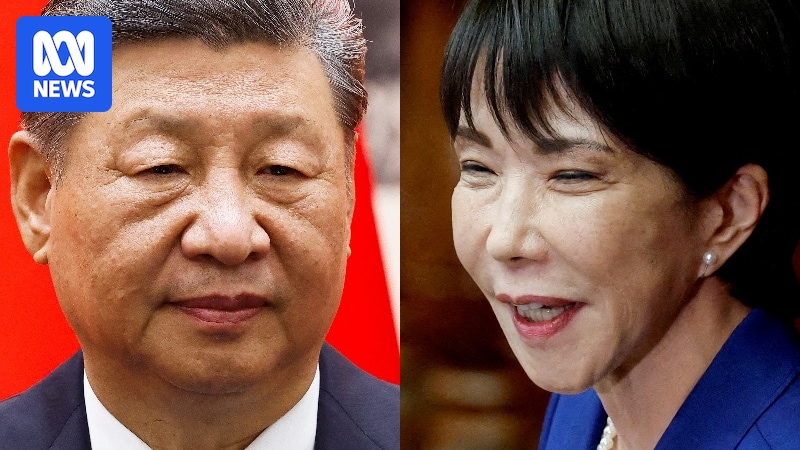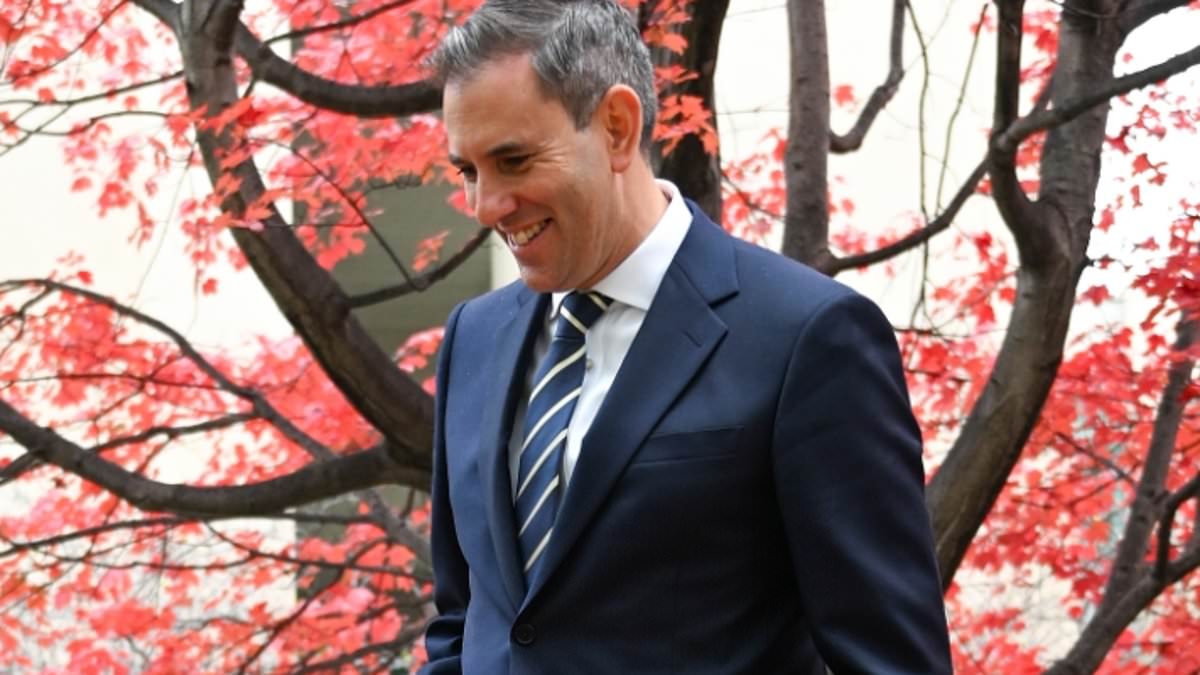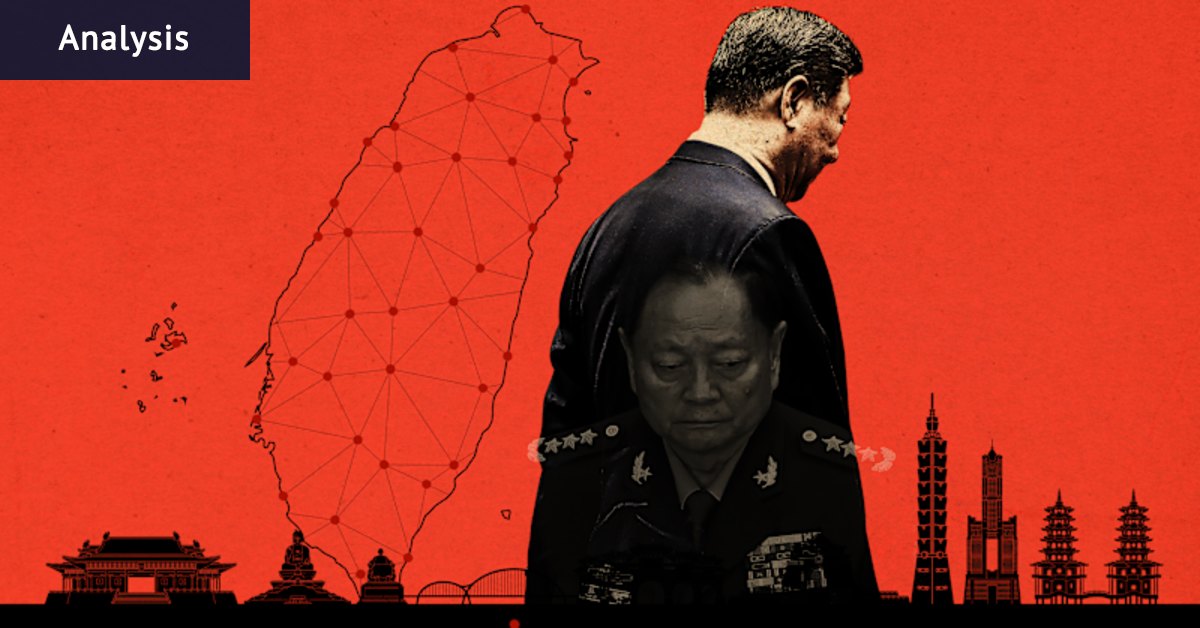
China’s apprehension towards Japan’s new Prime Minister, Sanae Takaichi, a known Beijing hawk, intensified following her controversial remarks on Taiwan, a highly sensitive issue for China. In late October, during a parliamentary session, Takaichi was questioned on Japan’s potential response to a Chinese military blockade of Taiwan.
“I believe any action involving the use of force, such as China deploying naval ships, can only be described as a survival-threatening situation,” she stated. This phrase is crucial as it sets the threshold for Japanese military involvement. Essentially, Takaichi indicated that Japan might respond with military force to any escalation in Taiwan, potentially involving itself in a regional conflict.
Since her statement, Beijing has retaliated by issuing travel warnings against Japan, urging its citizens to avoid visiting due to “serious” safety risks. This led to approximately 500,000 travelers canceling their flights. Additionally, two Japanese films were pulled from Chinese theaters, and China suspended seafood imports from Japan. Takaichi’s comments were not factually incorrect; the issue was her public acknowledgment of a stance usually kept discreet.
“She spoke a truth that the US and Chinese governments were probably aware of, but it was a truth that past prime ministers didn’t say aloud,” commented Jeffrey Hall from Kanda University of International Studies. “She’s shifted the country’s official stance.”
The Sensitive Issue of Taiwan
Taiwan occupies a unique geopolitical position. Although it operates as an independent nation with its own government and military, it is not officially recognized as such by China, which views Taiwan as a breakaway province to be reunified by force if necessary. Taiwan’s strategic location and its role as a leading supplier of advanced microchips make it a critical player in global affairs.
The United States, Japan, and other nations have historically employed “strategic ambiguity” regarding Taiwan, avoiding explicit commitments to military intervention. However, the US supports Taiwan through the Taiwan Relations Act, which provides the island with defensive means and maintains unofficial defense relations.
“In the US, there’s debate about this,” noted Professor Stephen Nagy, an international relations expert at the International Christian University in Tokyo. “Should we drop the strategic ambiguity and just say, ‘Taiwan matters for everybody’? If there’s a fight over Taiwan, we’re going to be there.”
The Significance of Takaichi’s Comments
The US has previously warned that China could be preparing to invade Taiwan by 2027. If such a conflict arose, the US would likely expect support from its allies, including Japan, which hosts the largest contingent of US forces outside the continental United States. Japan has been bolstering its military capabilities, including building bases near Taiwan and acquiring Tomahawk missiles capable of reaching mainland China. Takaichi has also accelerated Japan’s military spending to reach two percent of GDP by next year.
While intervention over Taiwan is a topic of academic discussion, it is rarely acknowledged by world leaders. Takaichi’s comments mark a departure from this norm, signaling a potential shift in Japan’s stance.
“She wanted to first distinguish herself,” explained Professor Nagy. “I think there’s a feeling in Tokyo that the Chinese economy is in deep trouble. Their negotiation position vis-à-vis the United States is weakening, creating space for a stronger stance.”
Beijing’s Response and Future Implications
Beijing’s reaction to Takaichi’s remarks was swift and severe. In a now-deleted post, China’s consul general in Osaka issued a veiled threat, stating, “the dirty head that sticks itself in must be cut off.” China’s Defense Ministry spokesman Jiang Bin warned that any interference over Taiwan would lead to Japan’s “crushing defeat.”
“They [China’s government] don’t like Takaichi,” commented Professor Nagy. “They knew she was going to be stronger on China. They watched her first diplomatic performance and were horrified, not because she did a bad job, but because she exceeded expectations.”
Beijing’s economic retaliation against Japan mirrors its previous actions against Australia after then-Prime Minister Scott Morrison called for a COVID-19 origins inquiry. Professor Nagy emphasized the need for Japan to acknowledge China’s importance while building resilience and diversifying trade.
“It’s in their face again that they have to build resilience and deterrence,” he said.
For now, Takaichi has indicated she will refrain from repeating her comments on Taiwan, yet her reputation as a hawk suggests she is unlikely to back down. The situation remains tense, with potential implications for regional stability and international relations.







